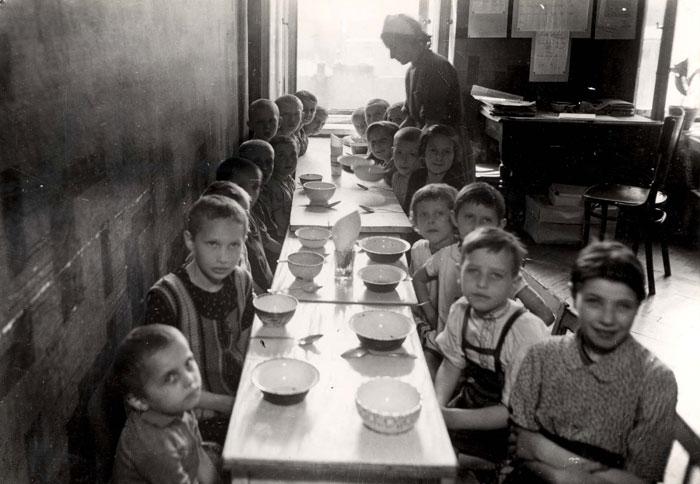
Yad Vashem Archives 2067/36

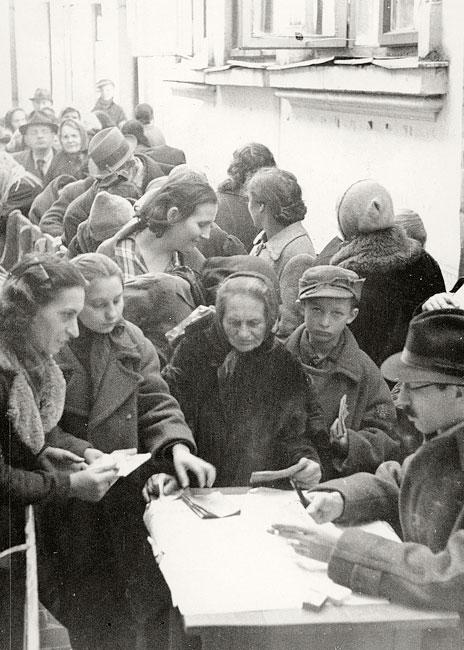
Yad Vashem Archives 4613/440

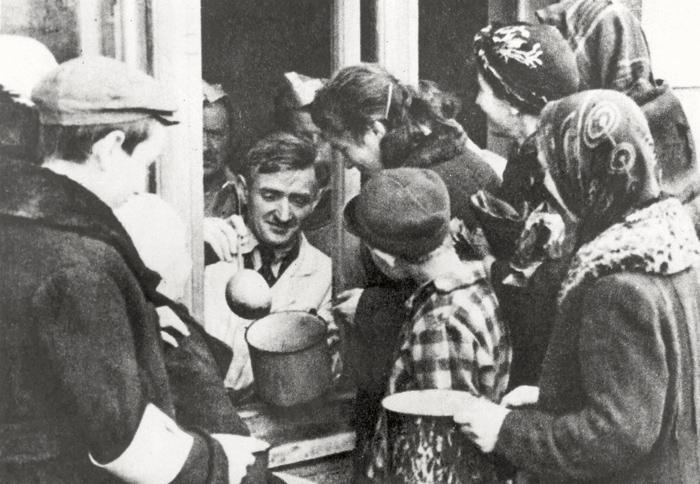
Yad Vashem Archives 1605/685

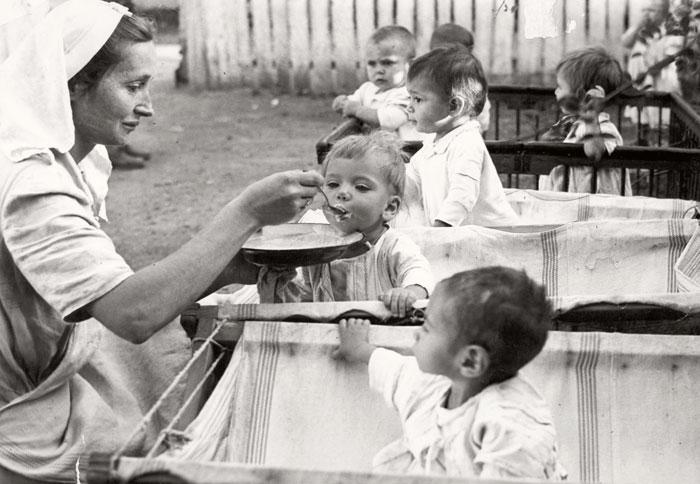
Yad Vashem Archives 105DO3

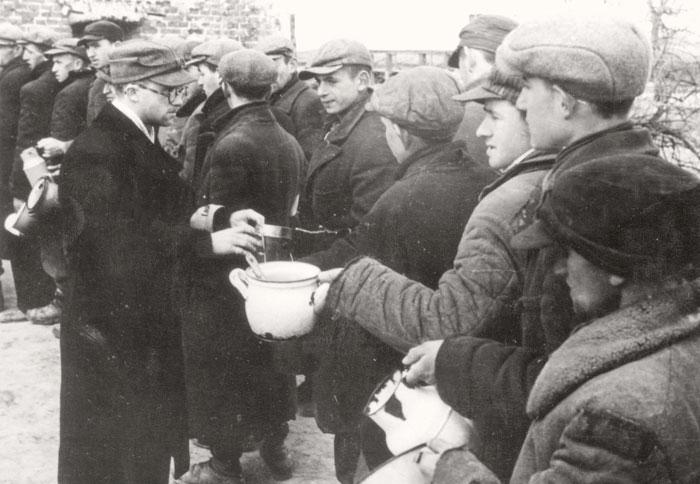
Yad Vashem Archives 1605/685

Sunday to Thursday: 09:00-17:00
Fridays and Holiday eves: 09:00-14:00
Yad Vashem is closed on Saturdays and all Jewish Holidays.
Entrance to the Holocaust History Museum is not permitted for children under the age of 10. Babies in strollers or carriers will not be permitted to enter.

Yad Vashem Archives 2067/36


Yad Vashem Archives 4613/440


Yad Vashem Archives 1605/685


Yad Vashem Archives 105DO3


Yad Vashem Archives 1605/685

“Micky and Stachek didn’t let go of each other during the entire death march. Both were young, but long-time inmates. Both were thoroughly experienced with all sorts of ‘normal’ situations in the camps. They knew all the usual and not-so-usual techniques for avoiding dangerous tasks. Their friendship was steadfast to the point where it never occurred to either one of them to enjoy an advantage the other one didn’t, even if the other one wasn’t even there. More than once, a piece of bread rustled up by one of them during the day would wait until evening, when both of them could share it in the darkness of the shack.”
Gedalia Ben Zvi, The Odyssey of the Absurd, p. 20
During the Holocaust it would have been only human – natural, in fact – to care only for one’s own survival, without taking anyone else into account. Surrounded by a hostile, murderous society, the struggle for life led people to respond in radically different ways to the unprecedented situations in which they suddenly found themselves. As some veteran concentration camp inmates would tell young newcomers, “To survive, you have to be merciless.”
However, documents and testimonies from the Shoah indicate that within this impossible reality into which Jews were thrust, mutual help and a commitment to the other were actually quite common, and were manifested in varied and surprising ways: members of larger communities taking in refugees from smaller ones; youth movement members who opened communal kitchens and fed the hungry; educators who clandestinely taught children and youth both secular and Jewish teachings; partisans who opened their bases to women and the elderly and protected them; former townspeople who shared the little they managed to get their hands on in the camps; people who collected and distributed food, clothing and religious articles in the ghettos; families who adopted orphaned children. All of these examples indicate that the individual had little chance of survival without the sense of togetherness, and that this Jewish unity – such as the exhausted concentration camp inmate who was held up by two strangers on either side during a selektion – is what carried people and helped them endure another day.
"Like a ghost in some sort of séance, David was there to greet me as I arrived [at Birkenau]. As in the ghetto, he had the ability and the means to make life easier for himself and the people around him. Here, he worked in the ‘sauna,’ a job that gave him a position of power. Very quickly he arranged for me to work in the clothing division. At first glance, he did something rather simple for me: he bribed a kapo. But in fact he was taking a great risk, though such risks were a routine part of life in the camp. I viewed this as the continuation of our old friendship and as part of the commitment to Plonsk solidarity."
Chaya Kroin, Take Me with You!, p. 66
The help one person extended to another at times created profound moral problems, often demanding self-sacrifice sometimes even harming the helper. Thus, the discussion of Jewish solidarity during the Holocaust raises questions about the power and influence of Jewish and universal human values, and how they were later tested to the extreme. It also emphasizes the strength of the independent personality, and how one lone human being can rise above his or her own concerns even in the face of a society in which the norm is to behave in the exact opposite way.

Thank you for registering to receive information from Yad Vashem.
You will receive periodic updates regarding recent events, publications and new initiatives.

"The work of Yad Vashem is critical and necessary to remind the world of the consequences of hate"
Paul Daly
#GivingTuesday
Donate to Educate Against Hate


Worldwide antisemitism is on the rise.
At Yad Vashem, we strive to make the world a better place by combating antisemitism through teacher training, international lectures and workshops and online courses.
We need you to partner with us in this vital mission to #EducateAgainstHate
The good news:
The Yad Vashem website had recently undergone a major upgrade!
The less good news:
The page you are looking for has apparently been moved.
We are therefore redirecting you to what we hope will be a useful landing page.
For any questions/clarifications/problems, please contact: webmaster@yadvashem.org.il
Press the X button to continue



